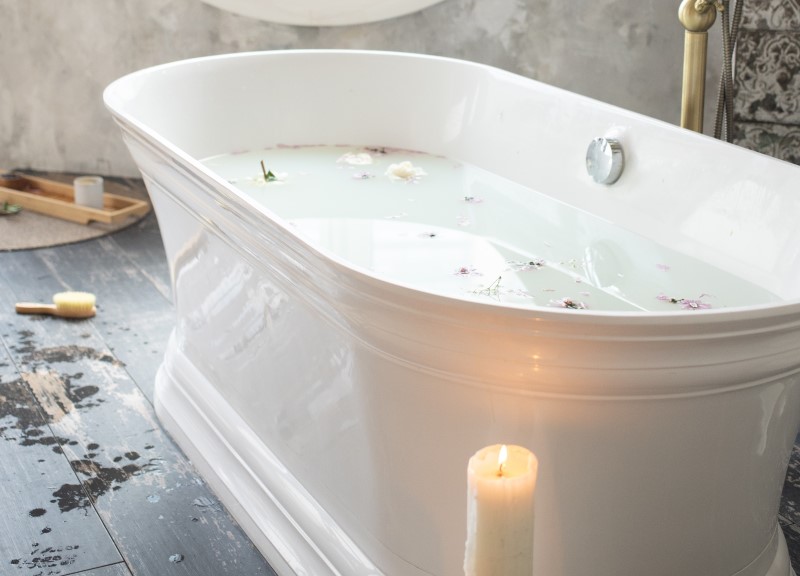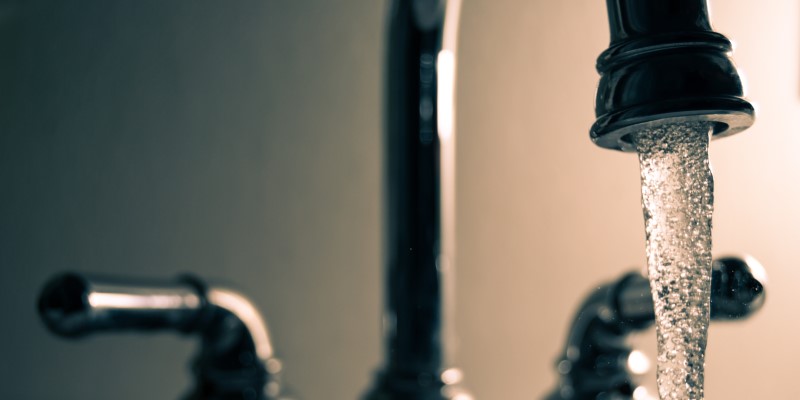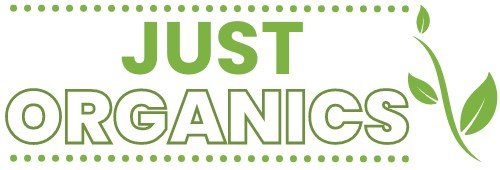You see the envelope in your letterbox. You see the logo. It’s another bill. Your hand moves to your temple area as if you’ve just suffered a migraine. You bring the envelope inside but don’t open it straight away. The junk mail that you usually don’t even look at suddenly seems so very interesting. Aldi special buys? Sure, I’ll take a look! For once, you had a pretty good day at work, but depending on what that envelope holds, it could be ruined. So instead of opening it, you leave it on the kitchen table. But you can’t leave it too long or forget about it – the only thing worse than a bill is paying 10% extra because I missed the pay-on-time deadline!
Unfortunately, this is a stress that a lot of families are going through. Our costs for essential utilities like water and electricity are rising sky-high. Although we have to accept that the price hikes are part of Australia’s current economic climate, there are plenty of ways to be more mindful of the way we use power and water. In this article, we’ll take a look at 20 simple ways to save water at home. Implementing just a few of these water-saving tips in your household can help to reduce water usage and save you money at bill time. We’ll also touch on how saving water can help the environment. If you want to reduce your ecological footprint but are not sure what effect saving water will have, give this a read-through.
Table of Contents

Ways to Save Water At Home
Let’s take a look at some ways that we can limit the amount of water we use each day:
- Fix Leaks: Repair leaky faucets, pipes, or toilets promptly to prevent water wastage.
A dripping tap can waste up to 200 litres of water a day!
GWM WATER
- Install Efficient Fixtures: Reduce water usage by using low-flow faucets, showerheads, and toilets.
- Shorter Showers: Take shorter showers or install a low-flow showerhead to limit water consumption.
A water-efficient showerhead uses approximately 9 litres per minute.
An older-style showerhead uses almost twice as much – 19 litres per minute!
Even a 3-minute shower with an efficient head will save 30 litres of water over an inefficient head!
GWM WATER
- Turn Off Faucets: Don’t leave the water running when you’re not using it! Turn off the faucet while brushing your teeth, washing your face, or scrubbing dishes.
Leaving the tap running while brushing your teeth uses about 5 litres of water.
GWM WATER
- Full Loads Only: Run your dishwasher and washing machine only when you have full loads to maximize water efficiency.
Modern dishwashers use around 15 litres for a fast cycle and 20 litres for a normal cycle.
A modern front-loading machine uses 50 litres on a normal cycle.
GWM WATER
- Sweep, Don’t Hose: Use a broom instead of a hose to clean driveways, patios, and sidewalks.
- Mulch Garden Beds: Mulch helps retain moisture in the soil, reducing the need for frequent watering.
- Water Wisely: Water your plants during cooler parts of the day, such as early morning or late afternoon, to minimize evaporation.
- Capture Rainwater: Collect rainwater in barrels to use for watering plants and gardens.
- Opt for Drip Irrigation: Use drip irrigation systems for plants and gardens, delivering water directly to the roots.
- Adjust Sprinklers: Ensure your sprinklers are correctly adjusted to avoid watering sidewalks and driveways.
A garden sprinkler uses approximately 1000 litres of water an hour. Put a rain gauge near the sprinkler to measure the amount of water.
GWM WATER
- Use a Pool Cover: Cover your swimming pool when not in use to prevent evaporation.
- Reuse Greywater: Collect and reuse water from activities like washing dishes or doing laundry for watering plants.
- Install Faucet Aerators: Faucet aerators mix air with water, reducing flow while maintaining pressure.
- Check Toilet for Leaks: Put a few drops of food colouring in the toilet tank; if colour appears in the bowl without flushing, you have a leak.
- Xeriscaping: Choose native and drought-resistant plants for your landscaping to reduce water needs.
- Limit Baths: Depending on bath size and the water level, having a bath uses between 50 and 150 litres of water.
- Avoid Pre-Rinsing Dishes: Scrape off food scraps from dishes instead of pre-rinsing to save water before loading the dishwasher.
- Use a Broom for Car Cleaning: Clean your car with a bucket of soapy water and a sponge, then use a hose for a quick rinse.
- Educate Family Members: Teach your family about water conservation and encourage them to adopt these practices. This is a great way to teach kids how to use water more efficiently and get them thinking about how their actions can affect the environment, both positively and negatively.
As you can see, it’s not difficult to reduce your water usage around the house. Whether our reasons are to save money or we consciously do it for the benefit of the environment, it’s important to realise that every drop counts. By following these water-saving tips, we can make a difference.
By incorporating these water-saving habits into your daily routine, you can significantly reduce your household’s water consumption and contribute to a more sustainable future.

Why is Water-Saving Important for the Environment?
Being water efficient is crucial for the environment for several important reasons:
- Resource Scarcity: Fresh water is a finite resource, and its demand is increasing due to population growth, industrialization, and agricultural needs. By conserving water, we help ensure enough clean water is available for both current and future generations.
- Ecosystem Health: Many ecosystems, such as rivers, lakes, wetlands, and aquifers, depend on a stable and adequate water supply. When water is overused or mismanaged, these ecosystems can be disrupted, leading to habitat loss, reduced biodiversity, and negative impacts on wildlife.
- Drought Resilience: Conserving water helps communities become more resilient to drought conditions. By using water wisely during non-drought periods, there is a better chance of having enough water available during times of scarcity.
- Energy Efficiency: Treating and transporting water requires a significant amount of energy. Using less water reduces the energy needed for water treatment and distribution, reducing greenhouse gas emissions and helping combat climate change.
- Reduced Pollution: When not adequately treated, wastewater can pollute water bodies and harm aquatic life. Using less water means generating less wastewater, reducing the potential for pollution.
- Preservation of Natural Landscapes: Water is essential for maintaining natural landscapes, including forests, grasslands, and wetlands. An adequate water supply supports the health of these environments, which provides numerous benefits such as carbon sequestration, erosion control, and recreational opportunities.
- Mitigation of Land Subsidence: Overextraction of groundwater can lead to land subsidence, where the ground sinks due to the depletion of underground water reserves. This can damage infrastructure, disrupt ecosystems, and lead to costly repairs.
- Water Quality: When water is used sparingly, it can help maintain the quality of water sources. Excessive water use can lead to the contamination of water bodies with pollutants from runoff and other sources.
- Economic Benefits: Water scarcity can lead to increased costs for water treatment, infrastructure upgrades, and agricultural production. Conserving water can reduce these economic pressures and promote sustainable development.
- Global Water Security: Water scarcity is a pressing issue in many parts of the world. By saving water locally, we contribute to global water security by reducing stress on shared water resources.
Conclusion
Whether we save water at home to help our back pockets or do it for the environment, the important thing is that we do it. We are incredibly lucky to live in a country where we can turn on a tap and have clean, running water. A lot of people don’t have what most of us take for granted. If we can just think about how much water and energy we use, we can ensure that future generations can also enjoy this wonderful resource.
About the Author

CHARLIE
Hi, my name is Charlie. I’m the founder of Just Organics. I have a background in Environmental Health and am passionate about animal welfare. I have been using organic products for more than ten years and would like to share my love of products made from nature.
I hope you find value in our articles. If there’s anything you’d like us to write about or if you’d just like to connect with us, feel free to send us a message.
